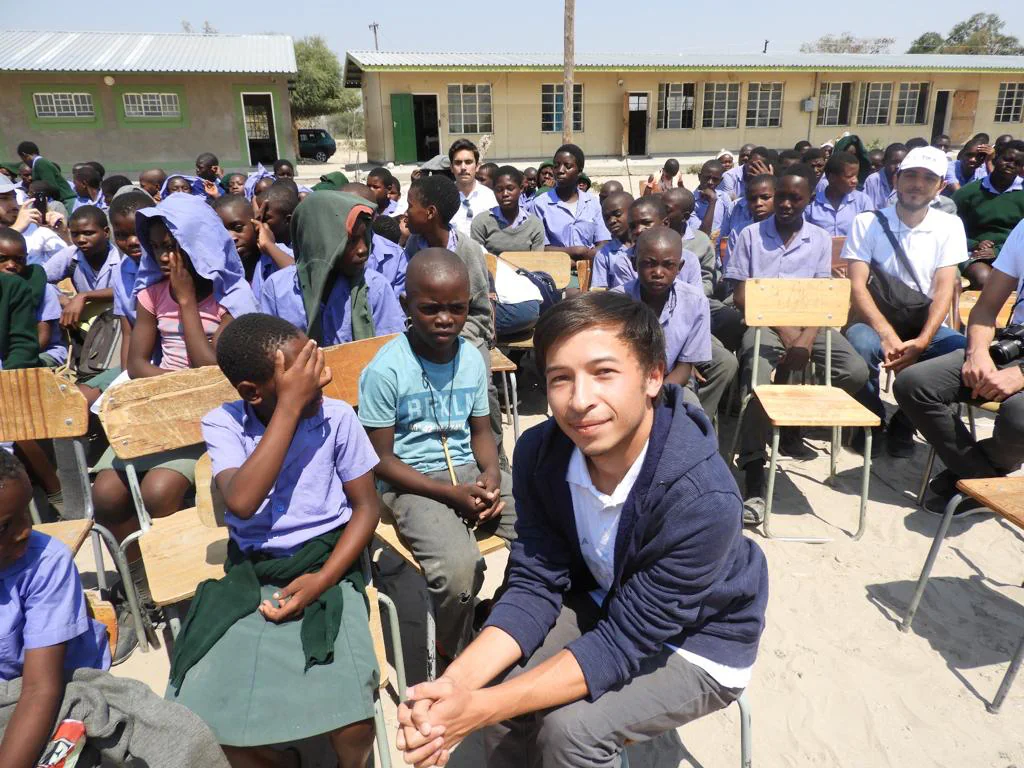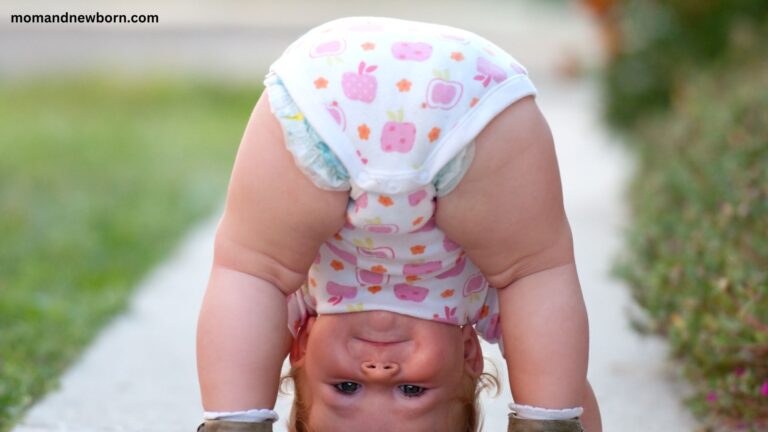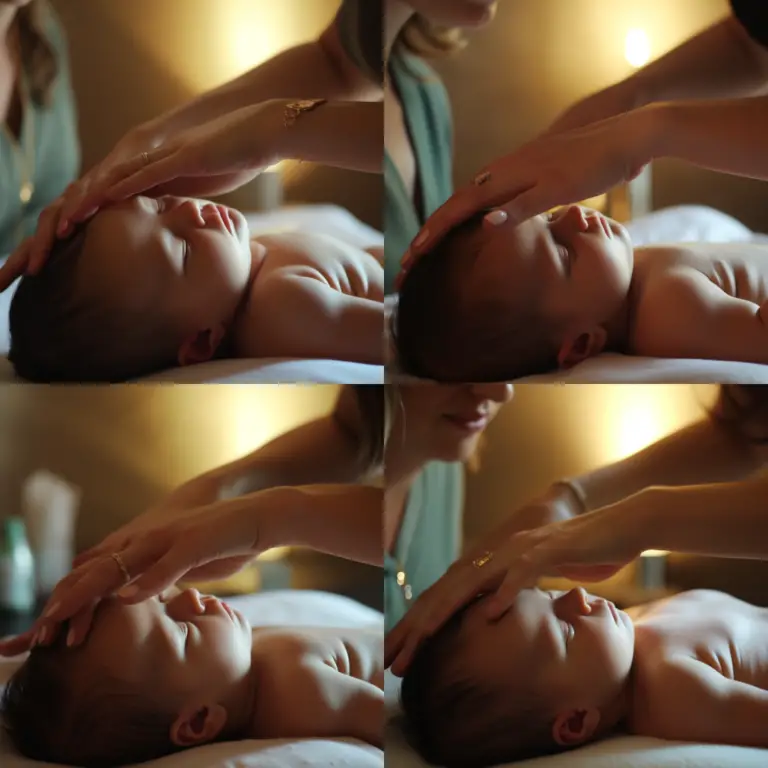Help! My One-Year-Old is Grinding Teeth: What Can I Do?
Teeth grinding, or bruxism, is a common occurrence in babies and toddlers that often leaves parents puzzled and concerned. The sound of their little ones crunching their teeth can be unsettling, leading to questions about the causes and potential harm it may cause.
Understanding the reasons behind this behavior and knowing how to address it can help ease parental worries and ensure the well-being of their precious ones.
In this guide, we will explore the possible reasons for teeth grinding in babies, discuss when to be concerned, and provide helpful tips to manage and alleviate this common phenomenon.
Why is my baby crunching his teeth?

There are several possible reasons your baby may be grinding or crunching their teeth. It’s a behavior called bruxism, which can occur in children and adults. Here are some possible reasons for bruxism in babies:
- Teething: Babies may grind their teeth when teething to alleviate discomfort or pain in their gums.
- Tooth misalignment: Sometimes, babies grind their teeth because of misaligned or improperly fitting teeth.
- Stress or anxiety: Children can also grind their teeth in response to stress, anxiety, or frustration.
- Habit: Some babies might develop a habit of grinding their teeth, even without an underlying issue.
- Sleep issues: Bruxism can also be associated with sleep disorders or disturbances.
Should I be worried about baby grinding teeth?

It is not uncommon for babies to grind their teeth, especially during the teething phase. In most cases, teeth grinding, also known as bruxism, is not a cause for concern and does not require treatment.
However, if the grinding is excessive and occurs regularly, it may be a sign of an underlying issue and should be checked by a pediatric dentist or healthcare provider. Some possible causes of teeth grinding in babies include stress, misaligned teeth, allergies, and ear infections.
Suppose your baby’s teeth grinding is causing concern or is accompanied by other symptoms such as pain, sensitivity, or disrupted sleep. In that case, it is best to consult a pediatrician or dentist for further evaluation and treatment recommendations.
Is toddler grinding teeth anxiety?
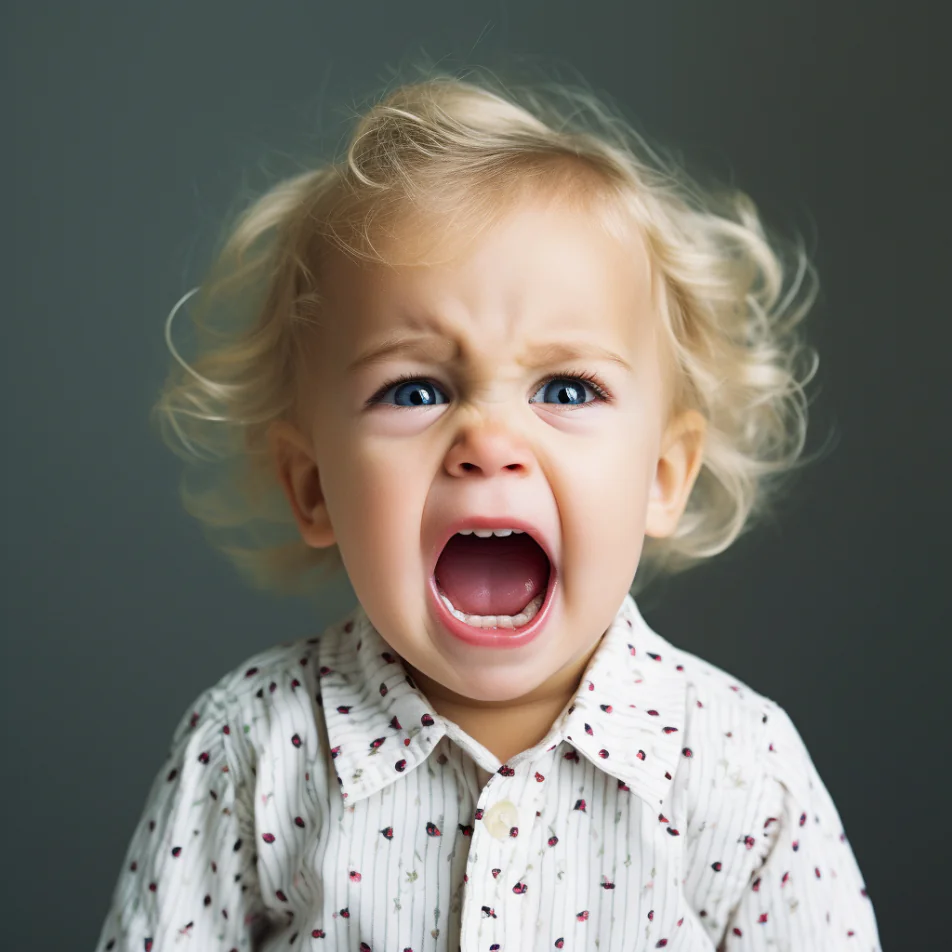
Teeth grinding or bruxism in toddlers can have multiple causes, and anxiety is one of them. Some toddlers may grind their teeth due to stress or anxiety, such as starting daycare, moving to a new home, or adjusting to a new routine. However, it’s important to remember that not all cases of teeth grinding in toddlers are caused by anxiety.
Other possible causes of teeth grinding in toddlers include teething, jaw misalignment, ear infections, allergies, and sleep apnea. In some cases, teeth grinding may also be a habit children develop.
If you suspect your toddler’s teeth grinding is related to anxiety, addressing the underlying cause of their stress or anxiety is important. Talk to your pediatrician or a mental health professional for guidance on managing your child’s anxiety and reducing their stress levels.
You may also want to try relaxation techniques such as a warm bath, gentle massage, or reading a calming story before bedtime to help your child relax and fall asleep more easily. Also, practice good oral hygiene and take your toddler for regular dental check-ups to monitor their health.
Do pacifiers help with teeth grinding?
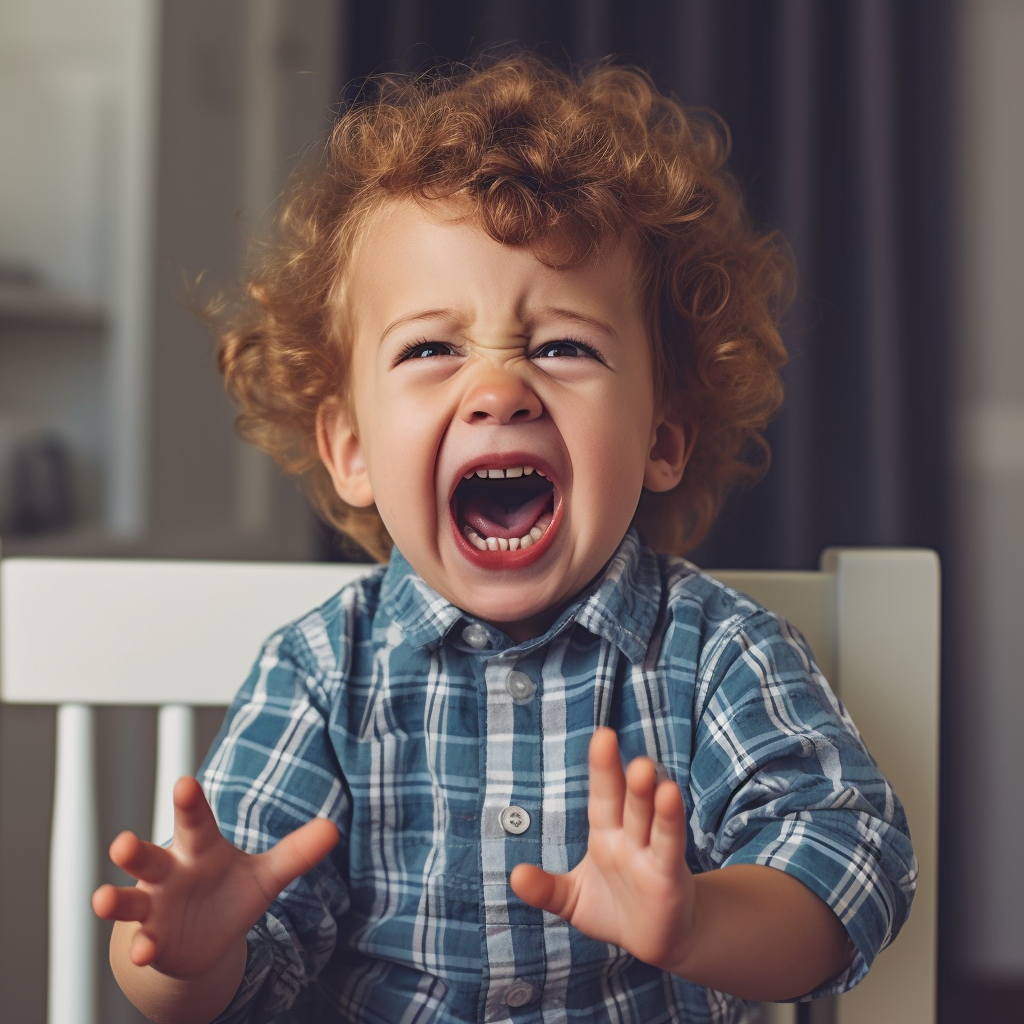
Pacifiers can help to some extent with teeth grinding in very young children, such as infants and toddlers. Sucking on a pacifier may provide a soothing and comforting sensation, which can help reduce stress and anxiety, two factors contributing to teeth grinding.
However, prolonged use of pacifiers has potential problems, including dental issues like misaligned teeth, overbites, and crossbites. Most pediatric dentists recommend weaning a child off a pacifier for 2 to 3 years to minimize these potential issues.
How do I stop my baby from grinding?

If you are concerned about your baby’s teeth grinding, there are several strategies you can try to help reduce the frequency or severity of grinding. Here are a few tips that may help:
- Massage your baby’s gums: If your baby is grinding their teeth due to teething discomfort, gently massaging their gums with a clean finger or a damp washcloth may help to alleviate their pain.
- Reduce stress: If your baby’s teeth grinding is related to stress or anxiety, try to identify and address the underlying cause of their stress. For example, you may want to establish a consistent routine or provide more opportunities for play and interaction.
- Try a pacifier: As I mentioned earlier, sucking on a pacifier may help soothe and relax your baby, decreasing their stress levels and reducing teeth grinding. However, consult with a pediatric dentist or healthcare provider before introducing a pacifier, as prolonged use can negatively affect dental health.
- Keep your baby’s mouth and teeth clean: Good oral hygiene practices can help to reduce the risk of dental problems and may also help to reduce teeth grinding. Be sure to clean your baby’s teeth and gums regularly with a soft-bristled toothbrush and fluoride toothpaste.
- Monitor your baby’s dental health: Regular check-ups with a pediatric dentist can help identify and address any dental issues contributing to teeth grinding. A dentist may also be able to provide additional strategies or treatments to help reduce grinding.
How long does baby teeth grinding last?
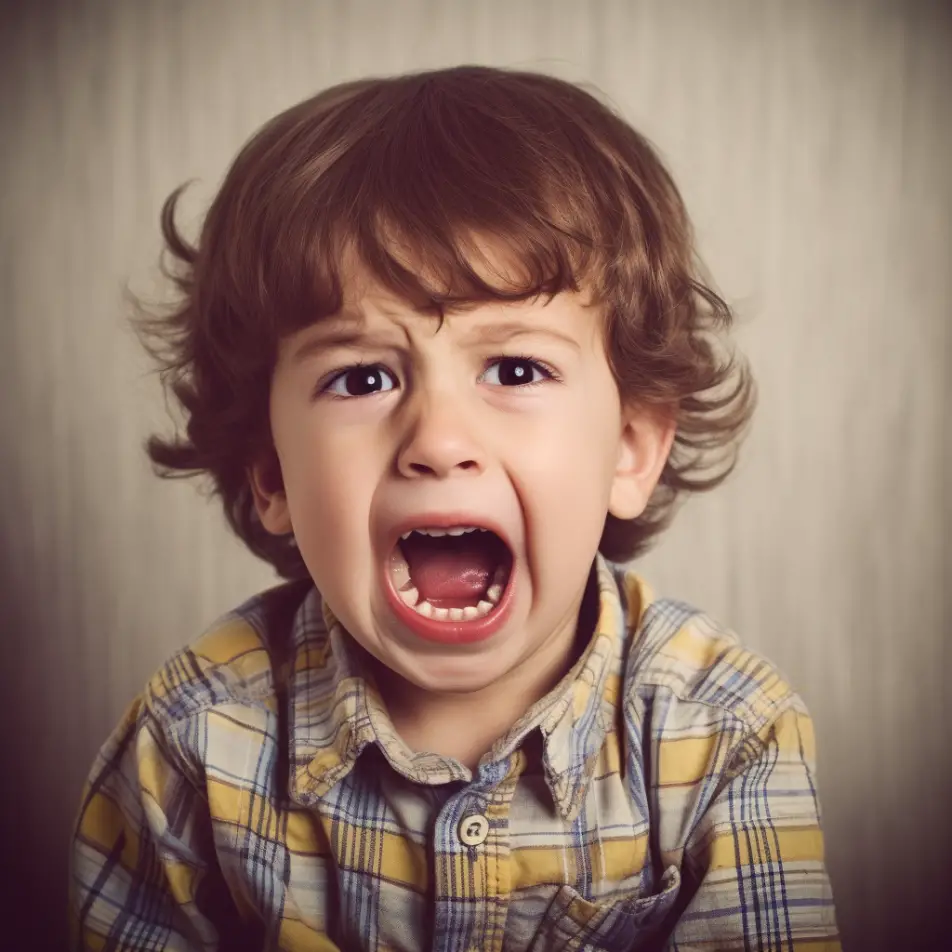
Baby teeth grinding is a common habit often occurring during teething and typically resolves independently. In most cases, baby teeth grinding does not cause any harm to the teeth or gums and does not require treatment.
The duration of baby teeth grinding can vary depending on the child and the underlying cause. Some babies may only grind their teeth for a few days or weeks during the teething phase, while others may continue to grind intermittently for several months.
Teeth grinding may also recur in children during periods of stress or anxiety, such as starting daycare or adjusting to a new routine. In these cases, the grinding may last several days or weeks before resolving independently.
Is teeth grinding a sleep disorder?
Teeth grinding, also known as bruxism, can be considered a sleep disorder that occurs while a person sleeps. However, not all cases of teeth grinding are related to sleep. Some people may grind their teeth due to stress or anxiety during the day.
How do I stop my baby grinding his teeth in his sleep naturally?
There are a few things you can try to stop your baby from grinding their teeth in their sleep naturally:
- Make sure your baby is getting enough restorative sleep. Tiredness can sometimes trigger teeth grinding in babies.
- Reduce your baby’s stress levels by creating a calming bedtime routine, such as a warm bath, massage, or lullaby.
- Give your baby a teething toy or a cool washcloth to chew on before bedtime.
- If the problem persists, consult a pediatrician or a dentist for further advice.
What deficiencies cause teeth grinding?
There is no specific deficiency that has been directly linked to teeth grinding. However, some studies suggest that a deficiency in certain nutrients, such as magnesium, may contribute to teeth grinding. If you suspect a defect, you should consult your healthcare provider.
Can babies damage their teeth by grinding?
Babies can damage their teeth by grinding, especially if they do it regularly over a long period. Teeth grinding can wear down the enamel of the teeth, making them more vulnerable to decay and other dental problems. It is essential to consult a pediatric dentist if you suspect that your baby is grinding their teeth. They can assess the extent of the damage and provide appropriate treatment or advice.


